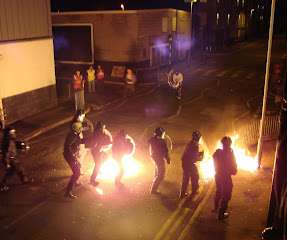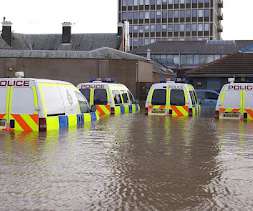A brief critique of UK emergency arrangements in the light of the Covid-19 crisis
Emergency Planning
FEBRUARY 21, 2021
In the United Kingdom, the status of emergency planning has declined while it has been enhanced in other countries. The 2004 Civil Contingencies Act has been sidelined throughout the Coronavirus disaster. With thanks to Mr Tony Moore for his observations and guidance.













Let's personalize your content